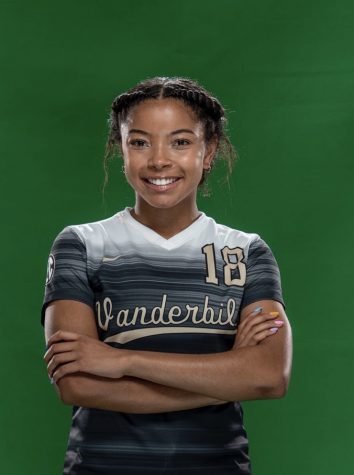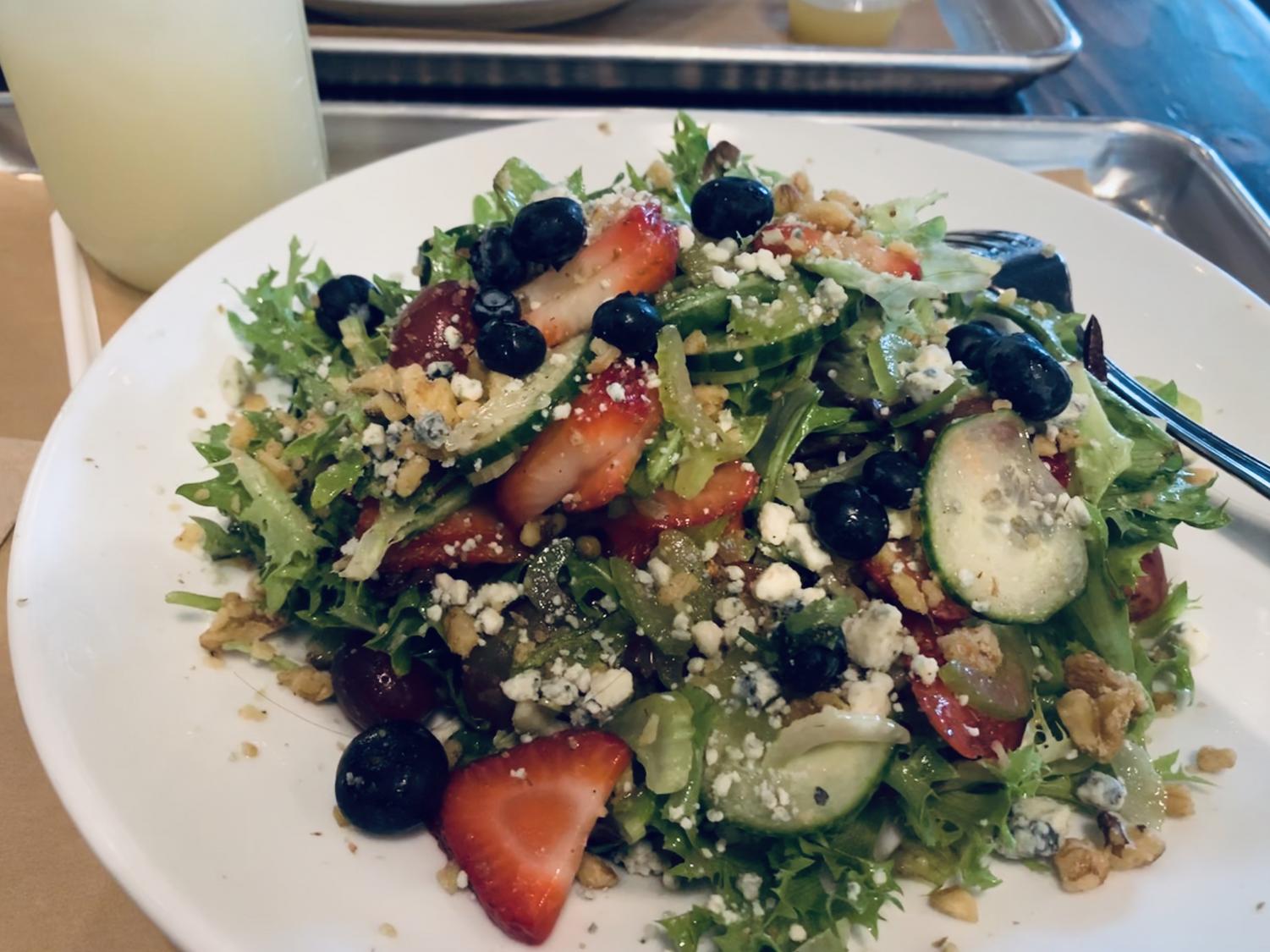
Imagine a soccer player, track runner or tennis player working hard for the final minutes of her game, and then, BAM. Suddenly, the athlete falls to the ground from a strained hamstring. Immediately, she begins to question her entire training approach: Did I stretch enough? Did I push myself too hard in the weight room? Were the extra sprints after practice too much? Despite all of these questions, however, athletes often fail to ask the really important ones: What did I eat last night? Did I remember to grab breakfast this morning? Did I drink chocolate milk after practice yesterday? The questions we often overlook or forget to ask ourselves are the critical questions that pertain to our nutritional habits and well-being.
Nutrition is a fundamental element of any good player, team and program. Before we step onto the field or walk into the weight room for training, our preparation begins hours before with the food and drinks we decide to put into our bodies. Before college, I never put too much thought into my food intake and how it relates to my performance on the soccer field. I knew basic information like to eat carbs the night before a game, grab a banana between games and, of course, hydrate, hydrate, hydrate. When I first came to Vandy, however, I was quickly introduced to an entire world of nutrition and its importance as an elite athlete.
The athletic program here provides each of us with a plethora of resources to ensure that our bodies continue to perform under the immense pressure we put on it every day as student-athletes. For soccer, we have a team dietitian, Mary Glen Lipman (MG), who oversees all of our pre and post-practice meals, snacks and other treats. MG plays an integral role in the preservation of our bodies because she doesn’t just give us good food to eat. MG takes the time to teach us about different food groups and combinations, allowing us to understand what food we need to refuel and why.
MG gives us the tools necessary to take an active role in our health to promote nutritional habits that will create a healthy lifestyle for us to have long after we graduate. Naturally, we all have our cheat days and everyone, no matter what sport he or she plays, likes a good burger, milkshake or a slice of pizza. However, because of the resources we have, at the end of the day, we know how to fuel our bodies back to peak performance shape even after a greasy meal.
Recently, I have sustained an injury that will keep me out of soccer for the rest of the season. Now more than ever, nutrition has taken on an important role in my life. After a meeting with MG, I learned that during my time off, I need to monitor my caloric intake but also continue to provide my body with the nutrients it needs. While I am no longer burning hundreds of calories at practice, I still need to prioritize healthy eating habits and, according to MG, give my body foods with lots of fiber and protein. Right now, I’m asking my body to heal from a pretty serious knee injury and surgery, so I need to fuel it with foods that supplement a speedy recovery process.
Most of our nutrition starts at Hendrix, our dining hall at the athletic facility. There, each sport’s dietician oversees their athletes to ensure that we’re optimizing the resources we have to fuel our bodies properly. The dietitians work with the dining staff at Hendrix to create healthy food and drink options, such as protein smoothies and tart cherry juice. Every day, the team dietitians layout different vitamins and supplements for us to take before we head to class for extra energy and immune boosts.
In Hendrix, we’ve been taught to employ the “peace plate” model when we choose what food to eat. Picture a peace sign: one large section with two smaller sections below. In the large section, we put vegetables or fruits and in the two small sections, we put carbs and protein. Ideally, a lot of veggies or fruits are supposed to be a source of our carbs as well. Veggies and fruits break down faster in our bodies than “traditional” carbs like rice, bread and pasta, giving us quick access to more energy. Thanks, MG!
My short time here at Vanderbilt has taught me a lot, but the lessons I’ve learned in nutrition are ones that I know will continue to help me make smart choices in the future. Nutrition is an essential part of our success as athletes, and we’re fortunate to have such amazing resources at Vanderbilt that make taking care of our bodies that much easier.




